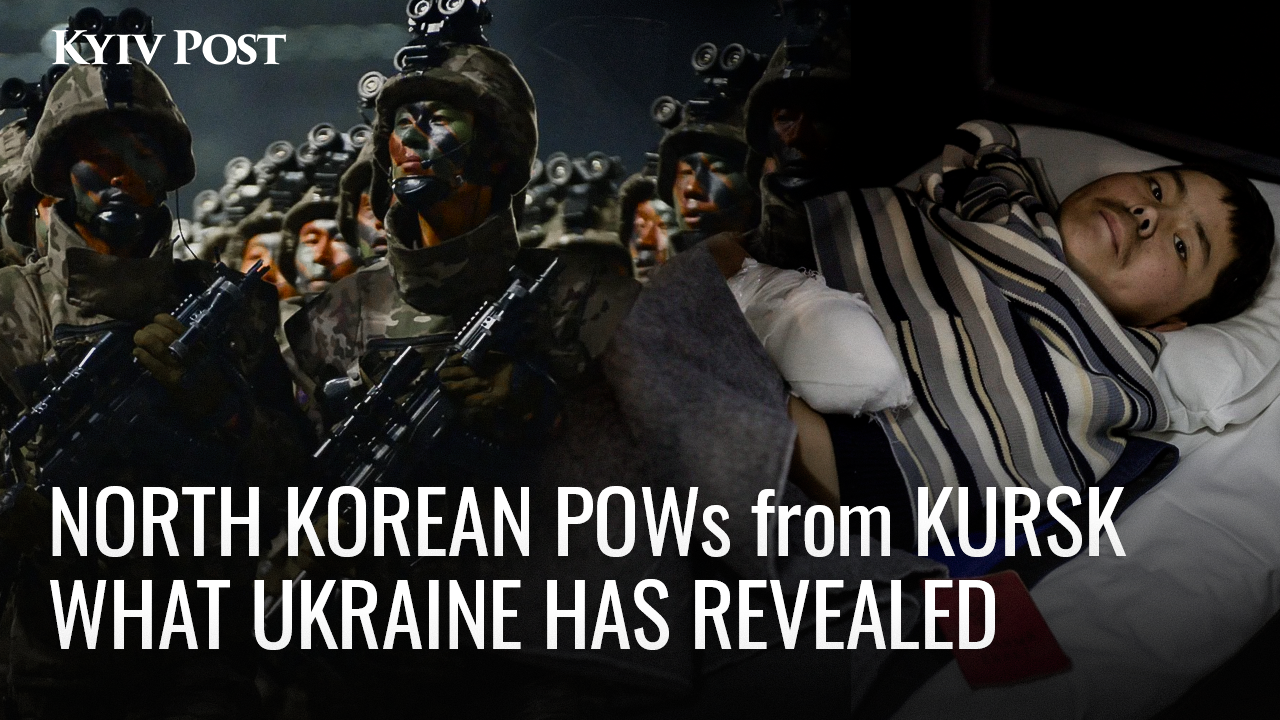In early exit polls of French elections wrapping up Sunday evening, a coalition of left-wing parties looked set to beat the far-right party led by Marine Le Pen, and also President Emmanuel Macron’s ruling center-left coalition, in what Agence France Presse (AFP) called a “stunning outcome” of parliamentary elections.
None of the groups won an absolute majority in the second round of the poll. Still, it projected an unexpected reversal of fortunes for Le Pen’s National Rally (RN), which was previously poised to change France’s course on key issues, especially funding for Kyiv.
JOIN US ON TELEGRAM
Follow our coverage of the war on the @Kyivpost_official.
Le Pen’s party led the race after the June 30 first round of voting, with opinion polls predicting that her group would lead parliament after Sunday’s run-off.
Instead, the New Popular Front (NFP), formed last month after Macron called snap elections brought together the previously divided Socialists, Greens, Communists, and the hard-left France Unbowed (LFI).
The nascent coalition led the voting in exit polls but perhaps did not have enough for an outright majority, meaning France may face a political problem in the coming weeks.
It seemed clear by Sunday night that Macron’s centrist alliance would have dozens fewer members of parliament, but it held up “better than expected,” AFP wrote. Macron called for “prudence and analysis of the results,” said one of his aides on Sunday.

Orban Slams Ukraine’s ‘Hostile’ Statements, Threatens ‘Countermeasures’
The specter of a right-wing government in Paris loomed large for Ukraine. Le Pen told CNN in an interview before Sunday's polls that her party would not only stop talk of French troop deployments to Ukraine – once a Macron discussion topic – but also stop Kyiv’s use of French-supplied long-range missiles on targets inside Russia.
Macron was one of the first leaders publicly to allow Ukraine to strike targets inside Russia with Western weapons, setting the stage for Washington and other allies to do the same. The practice by all accounts has increased the momentum of Ukraine’s defense and put the Kremlin on its heels.
Le Pen, meanwhile, said in the CNN interview that her “red line” on Ukraine was to make sure France did not become a “co-belligerent” in the defense of the Russian invasion.
As poll numbers rolled in, AFP reported, Polish Prime Minister Donald Tusk said the result would lead to “disappointment” in Russia and “relief” in Ukraine, while his Spanish counterpart, socialist Pedro Sanchez, celebrated France’s “rejection of the far right.”
AFU knocks down a Su-25 over Donetsk skies, as AFU makes gains near Kharkiv
Press officers from the Khortytsia Group of Forces, based near the city of Zaporizhzhia, said on Sunday that they had shot down a Russian Su-25 attack aircraft on the Pokrovsk front in the neighboring region of Donetsk.
If confirmed, this would bring the Armed Forces of Ukraine’s (AFU) official tally of downed Russian fixed-wing aircraft to 361.
“Anti-aircraft fighters of the Separate Mechanized Brigade named after Col. Gen. Marok Bezruchko have shot down another Su-25 attack aircraft, which is now burning on the steppes of the Ukrainian Donbas,” the unit’s post read.
The Russian aircraft had attacked Ukrainian unit positions before it was shot down, the AFU said.
Also in Donetsk, Ukraine’s Main Military Intelligence Directorate (HUR) reported on Sunday that Ukrainian forces struck a Russian Zhitel electronic warfare system near Novoluhansk (northeast of Horlivka). According to the Institute for the Study of War (ISW), Ukrainian strikes also hit a Russian logistics center on Saturday near Debaltseve, where Moscow’s forces stored tanks and ammunition.
Meanwhile, on the northeastern front, the ISW noted that AFU troops have made some recent gains in tactical counterattacks north of Kharkiv amid continued fighting north and northeast of the city on on Sunday.
Geolocated footage published on Saturday shows that Ukrainian forces recently advanced northwest of Hluboke (north of Kharkiv) while counterattacking in the area, and available satellite imagery suggests that Ukrainian forces conducted a counterattack in the area between July 3 and 6.
New Dutch Defense Minister and Foreign Minister make first trip to Ukraine
Newly appointed Dutch Foreign Minister Caspar Veldkamp and Defense Minister Ruben Brekelmans made their first visit to Ukraine on Sunday, to receive an update in Odesa on the battle situation and to discuss future military support.
In the embattled Black Sea port, President Volodymyr Zelensky and the Dutch contingent discussed ways to augment Ukraine’s naval capabilities and air defense. They were accompanied by newly appointed UK Defense Secretary John Healy, whose Labor Party had just taken power in Britain.
Part of the discussion revolved around the addition of more F-16s to possibly be transferred from NATO nations to Ukraine’s air forces.
“The newly appointed Dutch defense and foreign ministers and the UK’s new minister of defense were here in Odesa today… We will continue strengthening the Ukrainian fleet alongside the UK and the Netherlands; we have additional cooperation agreements in place. Today we also discussed strengthening [Ukraine’s] air defense; this is our absolute priority, and I am grateful for [our partners’] readiness to take further steps, including regarding the F-16 fighters,” Zelensky said in an address to the nation on Sunday.
Also on Sunday, Foreign Minister Dmytro Kuleba had a call with Veldkamp, in which they also discussed the delivery of a Patriot air defense system.
You can also highlight the text and press Ctrl + Enter













